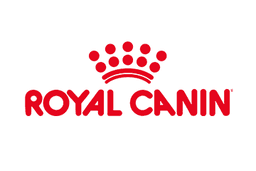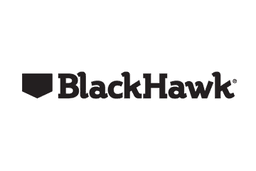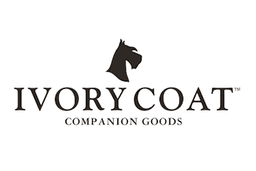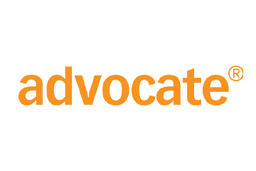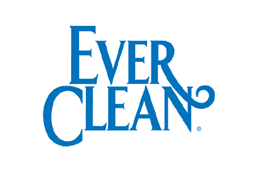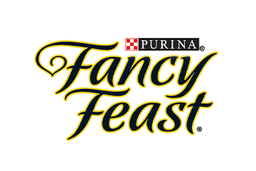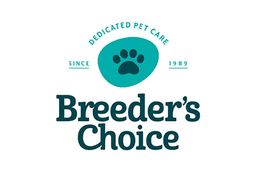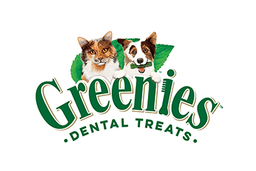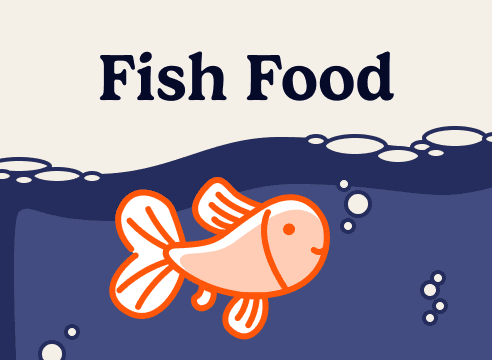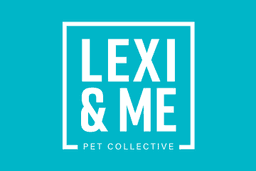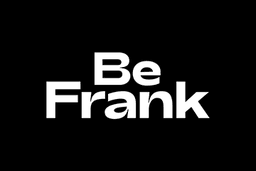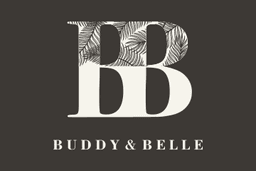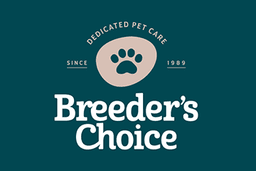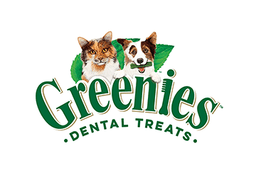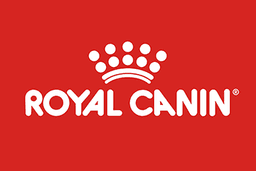What you should feed your bird depends on which type of bird you have. All pet birds need protein, carbohydrates, fat, vitamins and minerals to stay happy and healthy.
Beyond that, the right choice of food comes down to the breed. Budgies and cockatiels, for example, eat different food than canaries and finches. The same goes for love birds, lorikeets, and galahs.
In nature, birds spend their days foraging on a variety of different foodstuffs, so you’ll want to replicate this at home too.
Here's a quick guide to basic feeding, and some examples of what to feed according to breed.
Seeds and pellets
Pet shops offer an array of seed mixes tailored to specific species of birds. They usually contain a mixture of millet and grains enriched with vitamin oils to maintain bird health. Seed mixes and bird pellets are a great way to ensure your pet receives a well-balanced diet.
Bird seed cones and lollipops
These handy treats contain a mixture of seeds blended with honey into a cone or rounded ‘lollipop’ shape. Even better, they come with a hook for easy hanging. They’re an excellent way to relieve the boredom of a cage environment. If you have a larger parrot, they enjoy eating sunflower seeds and will happily gorge themselves if you let them, but they are high in fat, so should only be given as a treat. Alternatively, you can sprinkle a handful of sunflower seeds through your bird’s daily measure of seed mix.
Shell grit
Birds don’t have teeth to chew with. Instead, they ‘chew’ using a muscular organ called a gizzard. Birds pick up and swallow small stones from their environment and store them inside the gizzard to grind their food. Pet birds don’t have access to these stones, so it’s up to you to provide grit for them.
You can buy shell grit in small packets. Distribute it to your bird every couple of months in a small feeder, preferably after cleaning the cage.
Calcium
It’s important you keep your bird supplied with calcium. Birds may become calcium-deficient, particularly during moulting or nesting periods. Cuttlefish is a one of the most convenient sources of calcium available. Pet shops also offer calcium blocks or other forms of calcium you can feed your bird.
Giving your bird vegetables
Your bird can quickly become addicted to a tasty seed mix and shun other foods that are good for them. By introducing fruit and vegetables into your bird’s diet early on, you reduce the chances of having a ‘seed junkie’ on your hands, while improving the health and vitality of your pet at the same time.
All fruit and vegetables should be washed thoroughly before feeding to remove any trace of chemicals.
Green leafy vegies supply essential natural minerals and are much loved by budgies and parrots for example.
Some examples include:
- Kale
- Silverbeet (spinach)
- Broccoli
- Sugar snaps
- Sprouts
- Snow peas
- Parsley
Other vegetables:
- Sweet potato
- Pumpkin
- Peas
- Tomato
- Cooked brown rice
- Cooked beans/lentils
Feeding fruit in moderation
Birds love fruit, but don’t overfeed sweet treats. Like all good things, moderation is best. Some fruits contain seeds which are toxic and must be removed prior to feeding.
Suitable fruits include:
- Mango
- Banana
- Kiwi fruit
- Apple (remove seeds)
- Pear (remove seeds)
Oat and millet sprays are another excellent source of iron and carbs. These sprouted seed pods can be found online or at your local pet shop.
What NOT to feed birds
Lettuce and celery aren’t recommended for birds. They have little nutritional value and your bird won’t gain anything from eating them.
Budgies and parrots also find cabbage and avocado indigestible, and they can get sick from eating these foods.
Additionally, avoid giving birds apple and pear seeds. These seeds contain cyanogenic compounds, which can release cyanide when ingested, posing a serious risk to your bird's health. Always remove seeds before offering these fruits to your feathered friends.
Example bird diets according to breed
Here is a brief rundown of what you should feed your bird, according to type.
| Bird Type | Recommended Food |
|---|---|
| Budgies | Budgie seed, sunflower seeds (mixed sparingly through pre-mixed seed), green leafy vegetables, fruit, raw vegetables, oats in moderation, wheat in moderation, millet spray, wild grasses. |
| Canaries | Canary or finch seed, green leafy vegetables, fruit, millet spray, wheat, cooked brown rice. |
| Cockatiels | Cockatiel or small parrot seed, green leafy vegetables, sunflower seeds (mixed sparingly through pre-mixed seed), oats in moderation, wheat in moderation, fruits, cooked brown rice, raw vegetables. |
| Love Bird | Small parrot seed, sunflower seeds (mixed sparingly through pre-mixed seed), green leafy vegetables, raw vegetables, fruit, cooked grains, brown rice, beans, flowering branches. |
| Galahs, African greys | Parrot or wild bird seed or parrot pellets, fruit, raw vegetables. |
Knowing what to feed your bird can be confusing at first. But with a little research, you can create the right diet to keep your bird happy and healthy.




